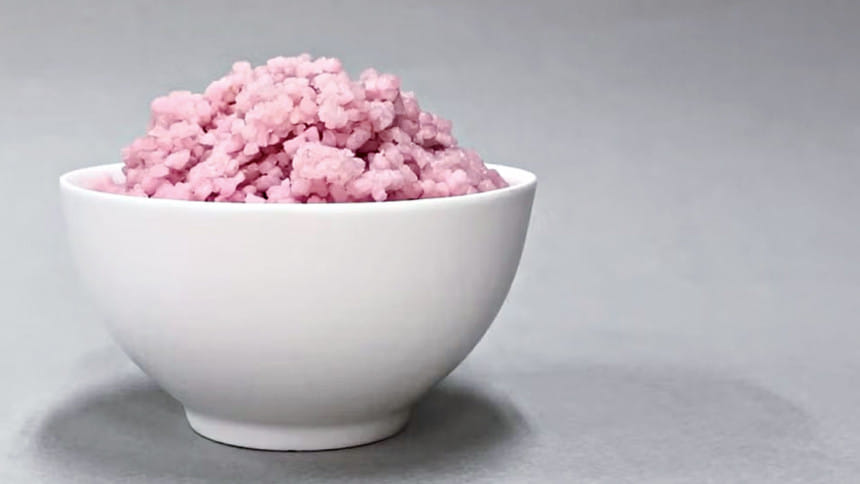Consume unpolished rice, rice starch for more nutrition

People in Bangladesh are deprived of the full nutritional value of rice because they consume polished rice and ignore rice starch, said experts at a programme in the capital today.
People should consume unpolished rice and rice starch after cooking it to get more nutrients, they opined in the programme organised by Bangladesh Kala O Biggyan Parishad.
Addressing as chief guest, Professor Emeritus AK Azad Chowdhury said, "Despite being the third largest rice producer in the world, we have nutritional deficiencies. One of the ways to reduce this deficiency is to consume rice starch."
"By polishing rice, its nutrients, including vitamins, are thrown away. While the price of polished rice is higher, its nutritional value is not so good," he added.
Khurshid Jahan, former professor of Institute of Food and Nutrition Science at Dhaka University, said the issue of food security in Bangladesh is directly related to rice.
In addition to carbohydrates, protein, vitamins, and different minerals, including iodine and zinc, come from rice, he said.
"We don't give much thought to the nutritional value of rice starch. If consumers could be made aware of it, everyone will get more nutrition from rice," Prof Khurshid added.
MA Sattar Mandal, former vice-chancellor of Bangladesh Agricultural University, said, "Consumers should refrain from eating polished rice for their well-being. By no means, rice starch cannot be thrown away as it contains essential nutrients."
Raising awareness on this issue should begin with the family, he added.
"Studies have shown that 10-20 percent of nutrients in rice are thrown away through polishing the rice grain. Around 15pc more nutrients are also lost as rice starch is usually thrown away," said Gazi Rafiq, director of Utilizing Rice for Disease Control and Prevention, in his keynote speech.
"As a result, although rice is our staple food, we are deprived of adequate calories and essential nutrients from it," he added.

 For all latest news, follow The Daily Star's Google News channel.
For all latest news, follow The Daily Star's Google News channel. 



Comments